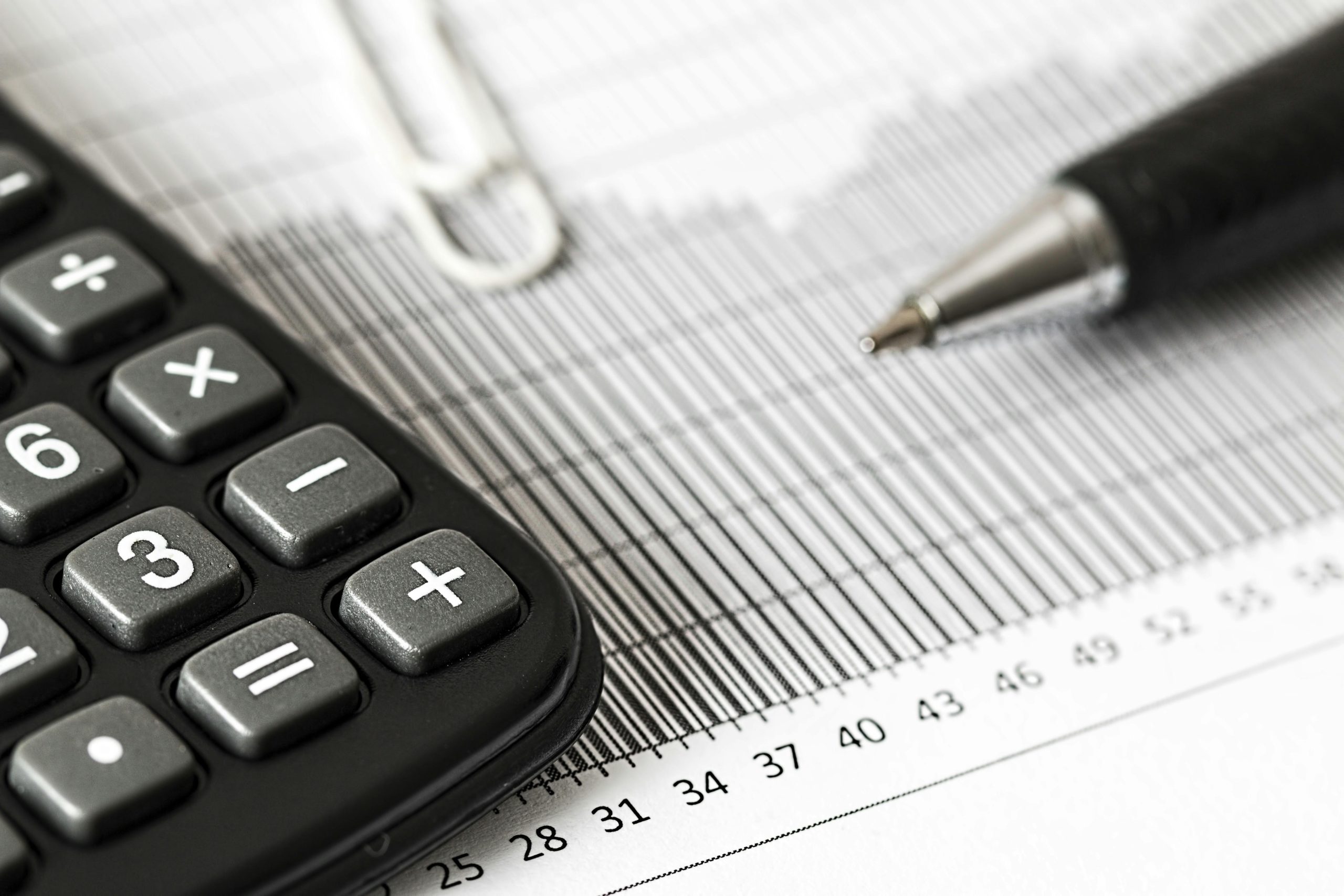Robert Kiyosaki has a great saying.
“What you know will make you money, what you don't know will cost you money”.
A lot of people, because they don't understand the tax laws, pay more tax than they should. That's why you need to work with a good tax advisor, ideally a property tax specialist who can help you minimise tax.
Different Tax Brackets
When you think about income tax, you pay different amounts of income tax depending on how much you pay. It's a bit like imagining a ladder. The higher you go up the ladder, the more you earn, the more you are going to pay. As you progress up different runs on that ladder, you pay an increased tax rate percentage. If you are at the very bottom of the ladder and you have a low salary, you're not even on the first run. Let's say the first run is where you become a lower-rate taxpayer, which currently is about 12,750 pounds. If you earn less than that, you pay no tax at all. You still need to declare your income, but you won't pay any tax. Once you get to that first run, any income over and above that first 12,750, until you get to the next run on the ladder, you're going to pay 20% tax. If you become what's called a higher rate taxpayer, which I think is about 50,000 pounds or over on the income over the 50,000, so when you're on the next run of the ladder, you're going to pay 40% tax.
Why Is This Important For Your Property Investing?
If you own a property in your name, which is what most people used to do. If you have income coming in from a property, that income is added to your earned income from your job or your business. Let's say you are a higher-rate taxpayer, you are already earning over 50,000 pounds a year. Let's say you have 10,000 pounds of profit coming in from your rental property on that profit, you would pay 40% tax. 4,000 pounds of that 10,000-pound profit you lose in tax. Now if you're a lower-rate taxpayer, obviously you will lose 20% of that income.
One of the things you can do is if you have a property that's owned by a relationship partner, a husband or wife maybe, and you have it in your names, what you can do is you can change the percentage of beneficial ownership instead of both owning 50% of that property. You can have it in joint names but have it so that maybe 99% ownership is in the name of the person who's the lower rate taxpayer and 1% is at the rate of the higher taxpayer. You take advantage of the fact that the lower-rate taxpayer will only get taxed at 20% as is.

Tax Changes
In April 2017 the UK government introduced some new tax rules for property investors, particularly people who own residential property. It's called Section 24 or the tenant tax. This is where you can no longer offset your mortgage interest against your rental income. But now what happens is that mortgage interest relief is going to be phased out over the next few years and you won't get full relief anymore. The example I gave you earlier where you had a 10,000-pound profit and let's say you're paying 5,000 pounds a year in mortgage interest, previously, you would have been able to offset that full 5,000 pounds and only pay tax on the 5,000-pound profit. What's going to happen is you're going to pay tax on the full 10,000 pounds and you're going to get a tax relief of 20% of the 5,000 pounds.
How To Tackle This?
One of the things you can do to mitigate this is instead of investing in residential property, you could invest in commercial property. I'm not saying that's right for everybody, but with commercial property, there are no restrictions on mortgage interest relief. You can still offset your mortgage interest against your rental income, so you pay tax on the profit. Commercial property generally gives you higher yields. The yield on a commercial property might be 7, 8, 9, or even 10% a year. Whereas on a residential property, it's typically going to be 3, 4, 5% a year. What that means is even if you must pay a little bit more tax on your commercial property, because you're making more profit, you're still going to end up with more money in your pocket at the end of the day.
Always consider investing in property through a limited company. If you have a limited company, it's a separate legal entity from yourself. When you own property within a limited company, the profits from that property are taxed at the corporate tax rate. That's 19% a year, which is much lower than the higher rate tax rate of 40% or even the lower rate tax rate of 20%.

Professional Property Investor | 18 Years Experience
Founder and CEO of property investors network
Author of Amazon’s No.1 Best Seller “Property Magic”
Host of Property Magic Podcast Available on iTunes
Visit My Website: https://simonzutshi.com/
Share this Post


